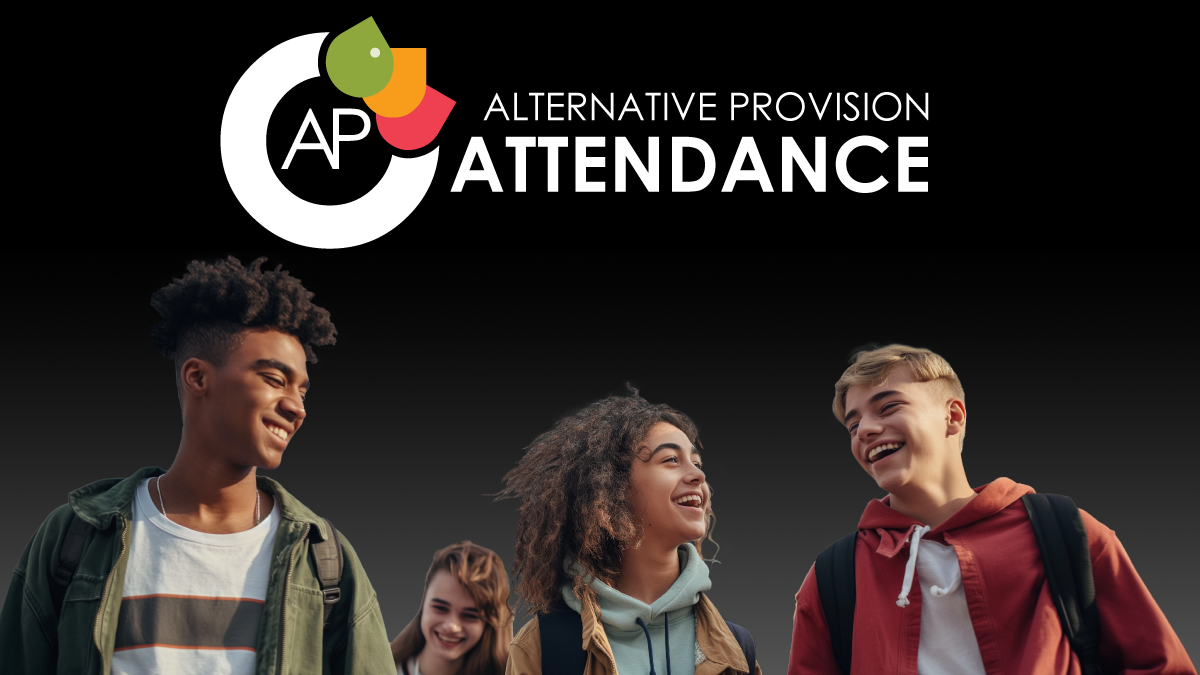Do you want to see a demo of the DCPro Alternative Provision Attendance system in person? We will be an exhibitor at the 3rd Annual Alternative Provision Conference, which is taking place in London, United Kingdom on the 27th November 2024. The conference is hosted by Westminster Insight. This is your chance to network with over 100 local authorities, alternative provision settings, schools, pupil referral units (PRUs), meet the team behind DCPro Alternative Provision Attendance, and test the online attendance and timetabling system!
Event Overview
- Date and Venue: The conference will be held on Wednesday, 27th November 2024, from 09:30 to 15:45 at the America Square Conference Centre in London.
- Purpose: The event aims to address the rising demand for alternative provision (AP) and equip providers with the tools to deliver high-quality, timely AP.
Key Topics and Focus Areas
- Three-Tier System: Discussion on the three-tier system introduced in the SEND and AP Improvement Plan to improve standards, outcomes, and experiences for children in AP.
- Early Intervention: Emphasis on the importance of early intervention to prevent escalated pupil needs and ensure effective AP placements.
- Educational Outcomes: Strategies to improve educational outcomes for pupils in AP, who traditionally experience lower outcomes across all metrics.
- Transition Support: Ensuring pupils in AP can transition back to mainstream education or post-16 destinations successfully.
- Inclusive Learning Environments: Developing inclusive settings where all learners, including those with special educational needs, can thrive.
Practical Insights and Best Practices
- Multi-Agency Work: Promoting collaboration across education, health, and social care sectors.
- Performance Indicators: Discussing key performance indicators and how to measure success in AP settings.
- Funding and Strategy: Insights into the future policy landscape and priorities for funding under the new Labour Government.
- Parental Engagement: Building trusting relationships with parents and carers to support pupils’ potential.
Networking and Collaboration
- Face-to-Face Interaction: Opportunity to network, collaborate, and learn from colleagues and leading AP providers across England.
Seize this chance to connect with fellow professionals and listen to a variety of speakers committed to enhancing the Alternative Provision sector. Use the code AP20 for 20% Discount at checkout when you Register your interest now.
Want to see what the DCPro Alternative Provision Attendance system is all about before the conference? Click here to book a demo!




